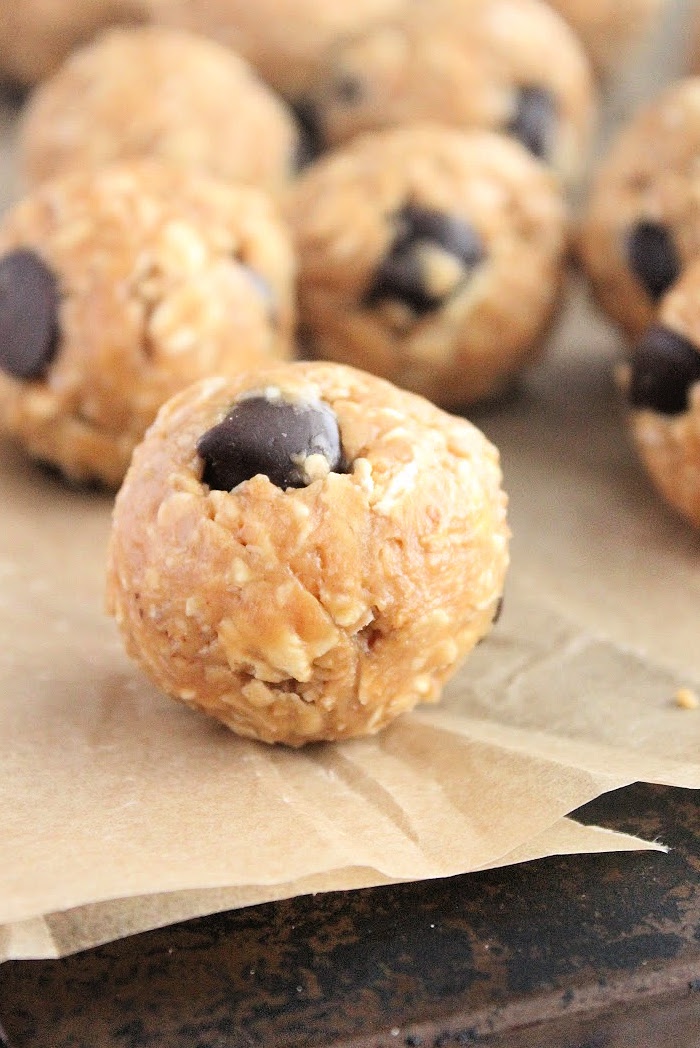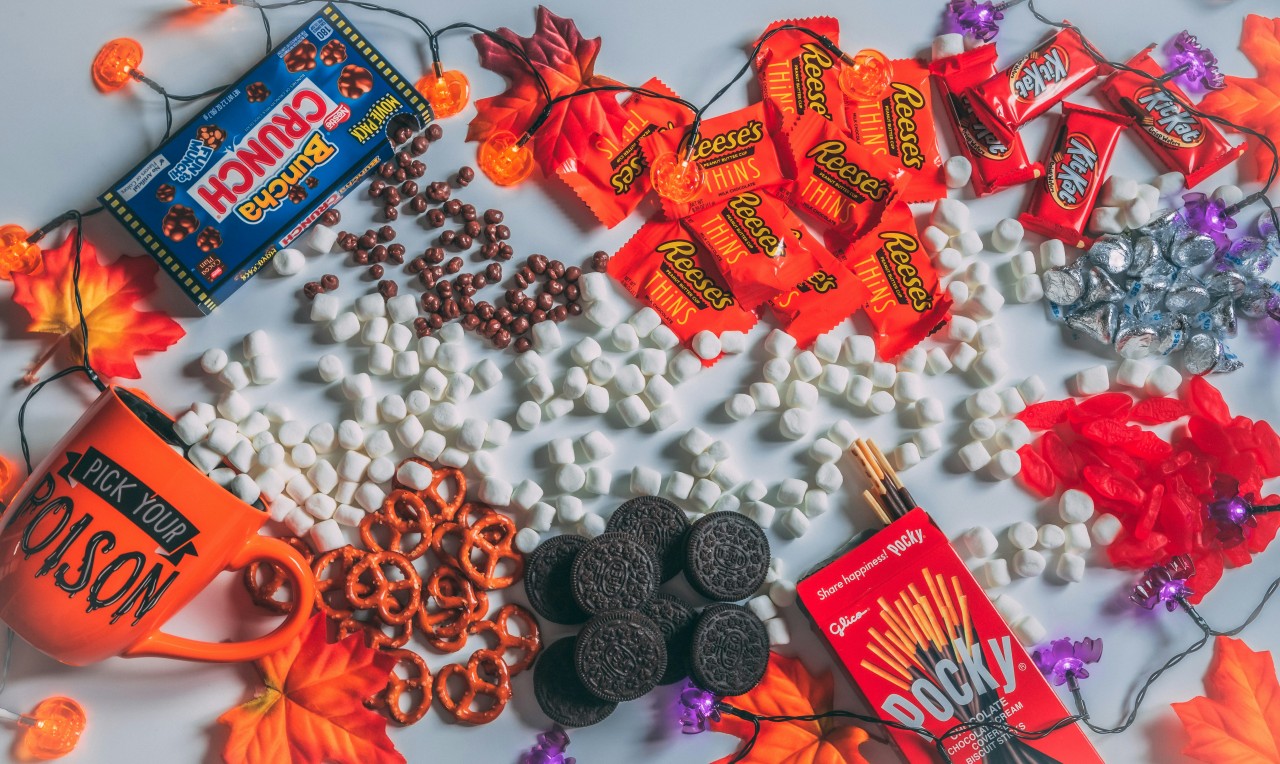15 Small Grocery Habits That Stretch Every Dollar Right Now
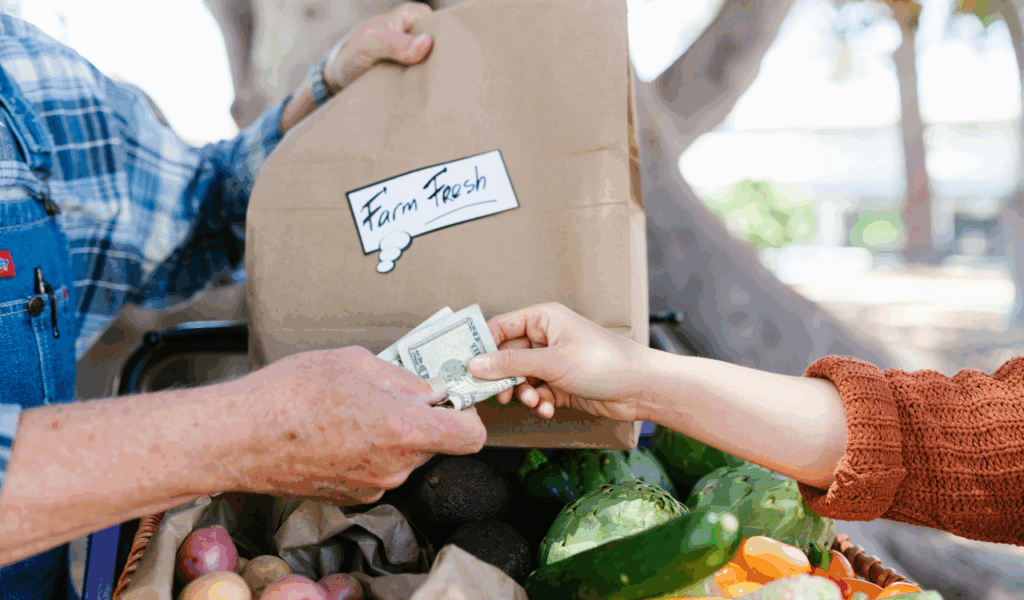
Your grocery expenses are going up, but your budget doesn’t have to. You may save money without sacrificing quality by developing smart, persistent behaviors. These few modifications can save you a lot of money, whether you’re shopping for yourself or your whole family. There are several strategies to keep your food prices down, from making a plan to being aware of how you act in the shop. Let’s look at 15 easy yet effective practices that will help you get most out of your grocery money without giving up taste, nutrition, or convenience.
1. Plan Your Meals Before Shopping
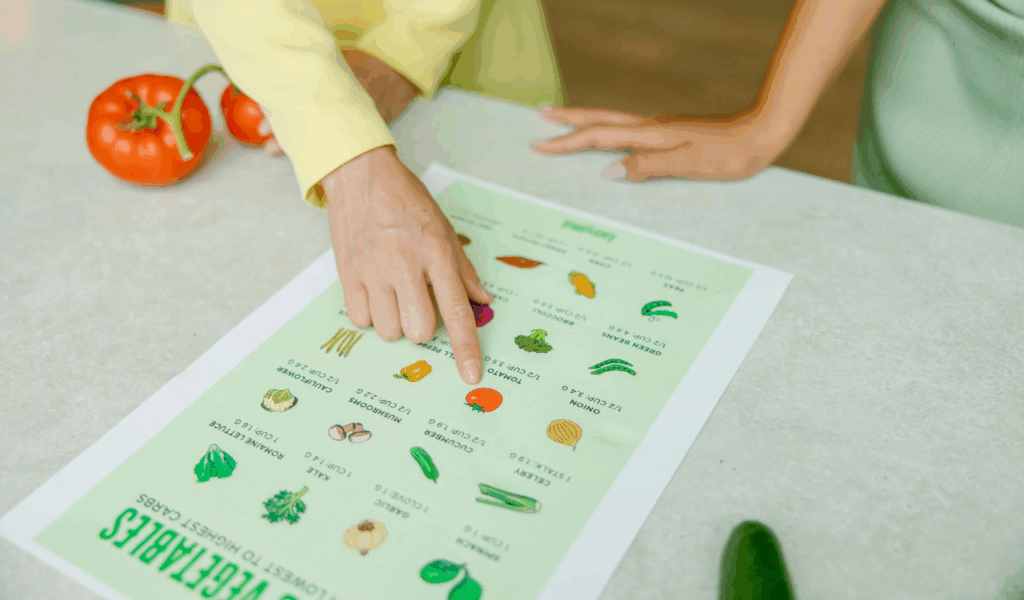
Making a meal plan helps you avoid buying things you don’t need and cuts down on waste. You only buy what you need when you know exactly what you’re making. This means you won’t have as many strange snacks or things that go bad before you utilize them. Planning also lets you make a focused list that fits with your schedule and tastes, so you don’t have to scramble for supper ideas in the middle of the week. It also cuts down on impulse buys and trips back, which saves time and gas money.
2. Make a Grocery List and Stick to It

A list, whether it’s on paper or on a computer, is like a financial guardrail. It helps you stay focused on what you need and avoids you from going into aisles that are enticing but expensive. People who don’t make lists before they go shopping often buy things on the spur of the moment, which quickly adds up to more money spent. Before you leave, look in your cupboard and fridge to be sure you don’t buy the same thing twice. You can use apps like Google Keep or just a pen and paper. The important thing is to keep to your list once you’re at the store.
3. Shop with a Full Stomach
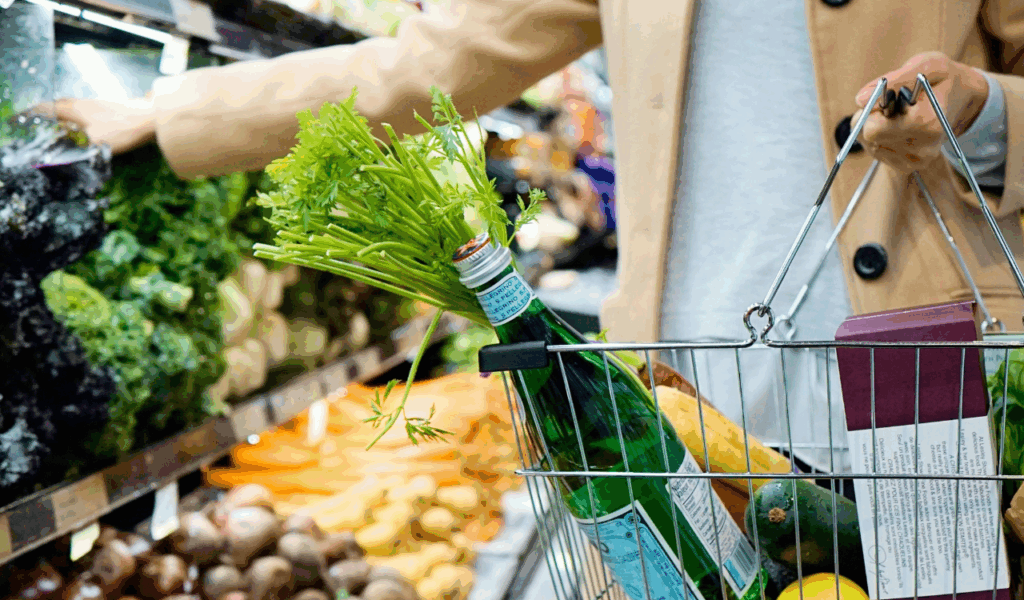
It’s a cliché because it’s true: shopping when you’re hungry makes you buy things you don’t need. Everything looks great, but processed or ready-to-eat foods tend to cost more. When you’re full, you think more clearly and don’t give in to desires. If you eat a small supper or snack before going to the store, you’ll be less likely to go overboard on delicacies that you don’t need and that will break your budget.
4. Buy Generic or Store Brands
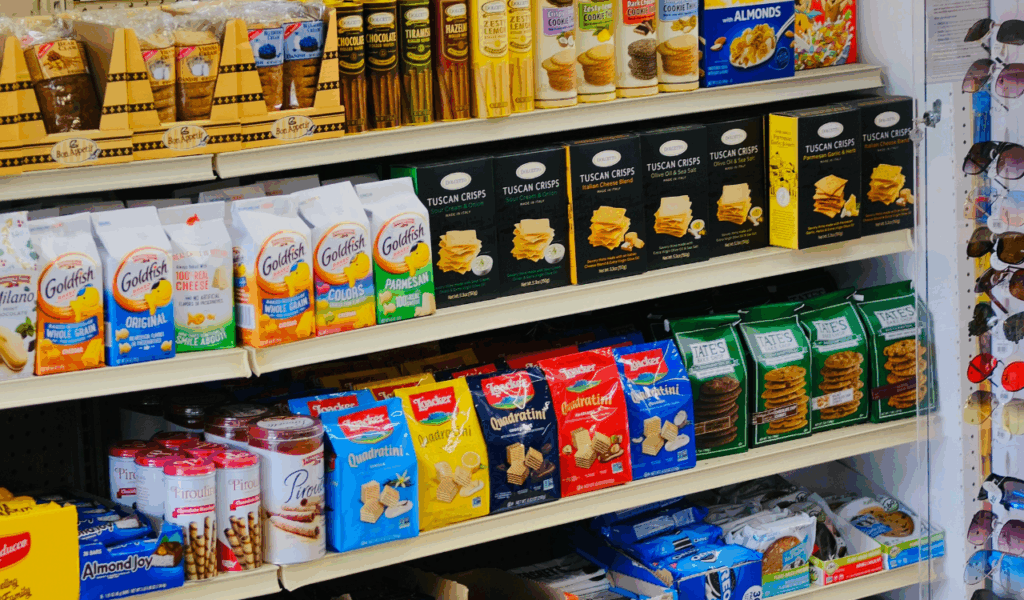
Most generic and store-brand items are just as good as national names, but they cost a lot less. The same companies make things like canned products, baking supplies, and even dairy. You can save money on your groceries by trying store-brand versions of the things you buy all the time. You won’t look back once you locate anything that meets your taste and quality needs.
5. Use Loyalty Programs and Digital Coupons
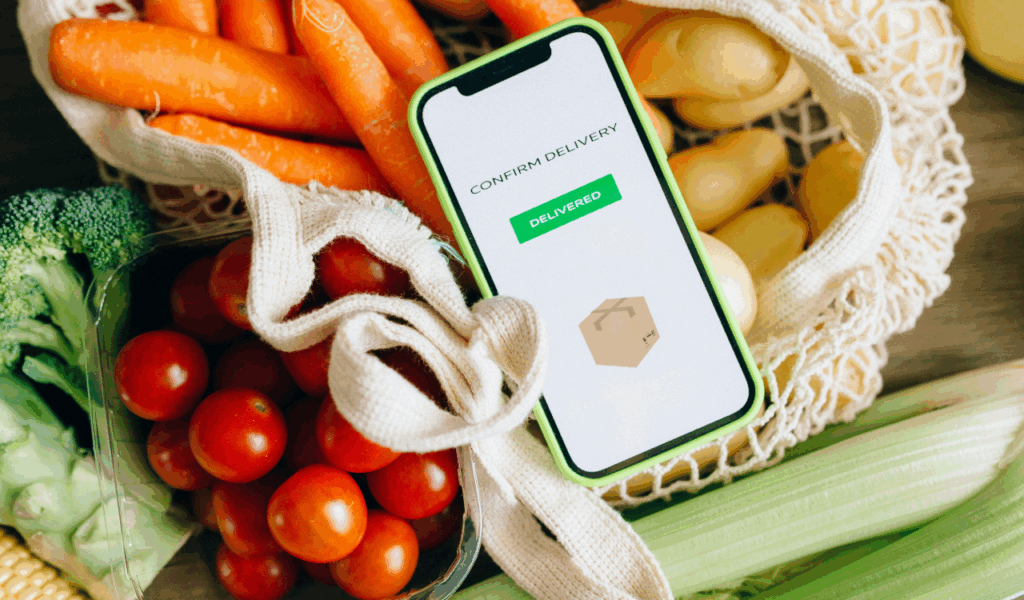
Most big grocery stores have a free loyalty program that might help you save money right away at the register. You can get even more benefits by using digital coupons that you can find in retail applications or on coupon websites. You can save a lot of money, especially on things you buy a lot, by spending only a few minutes getting ready. Some stores even keep track of what you buy and give you specific discounts depending on your shopping habits. This is a great way to get more for your money.
6. Buy in Bulk When It Makes Sense
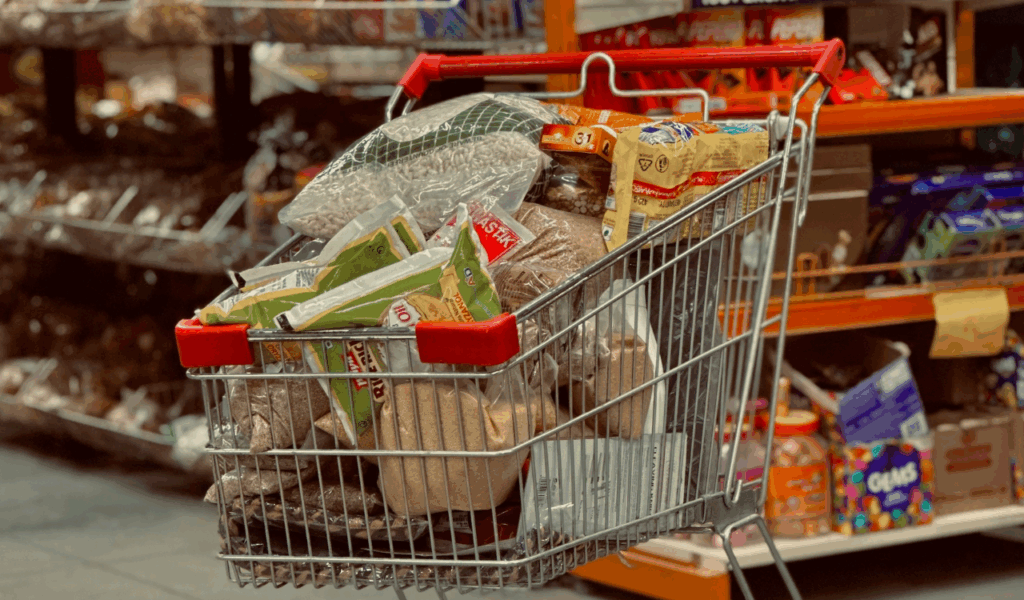
Buying in bulk can cut the price per unit, but only if you plan to utilize everything before it goes bad. Concentrate on things that don’t go bad, such rice, pasta, beans, or frozen foods. If you want to buy a lot of fresh fruits and vegetables or other things that go bad quickly, you might want to split the cost with friends or relatives. It’s a smart strategy to stock up and save money without wasting anything. Check the unit prices on the shelf tags to be sure you’re receiving the best value.
7. Shop Seasonal Produce
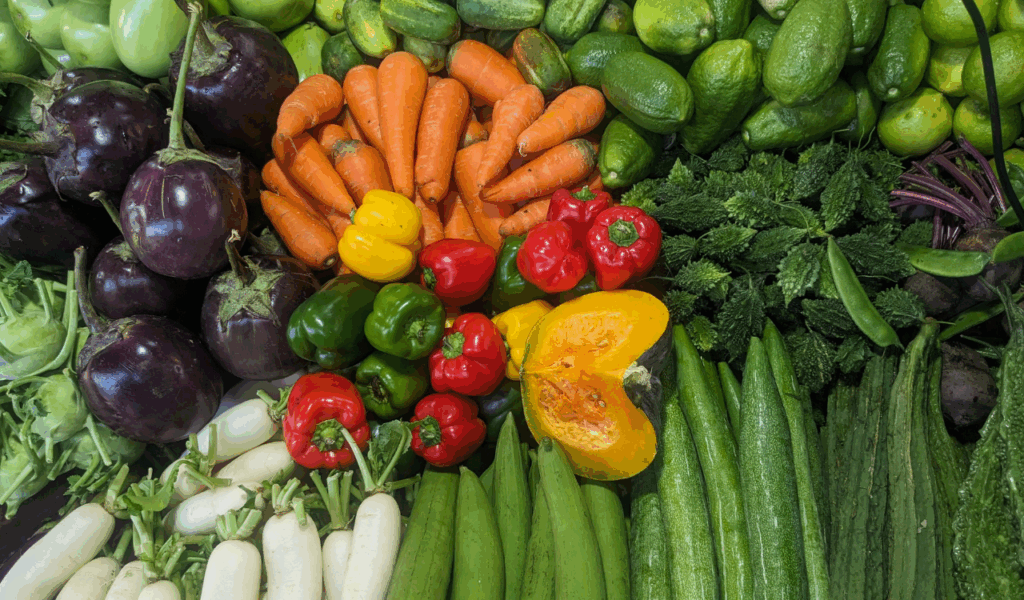
Fruits and vegetables that are in season are usually fresher, taste better, and cost less because they are easy to find in your area. Buying food in season also helps you eat a wider range of foods all year long. Look at what’s ripe in your area or look at a crop calendar. When it’s not in season, think about frozen fruits and vegetables. They’re often flash-frozen at their freshest and are cheaper than fresh ones that are out of season.
8. Avoid Pre-Cut and Pre-Packaged Foods
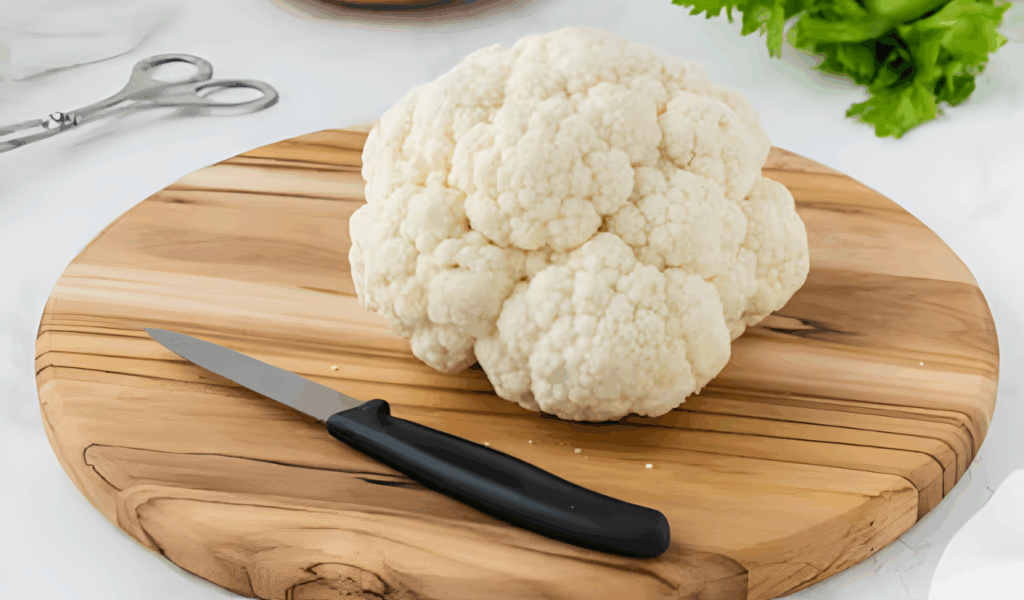
There is a cost to convenience. The prices of pre-cut fruits, shredded cheese, and snacks that come in their own packages are rather high. Buying entire fruits and vegetables or block cheese and cutting your own snacks is cheaper in the long term. It can take a few extra minutes, but the savings pile up quickly over the course of a month. It also lets you control how much food you get and how fresh it is.
9. Shop the Perimeter First
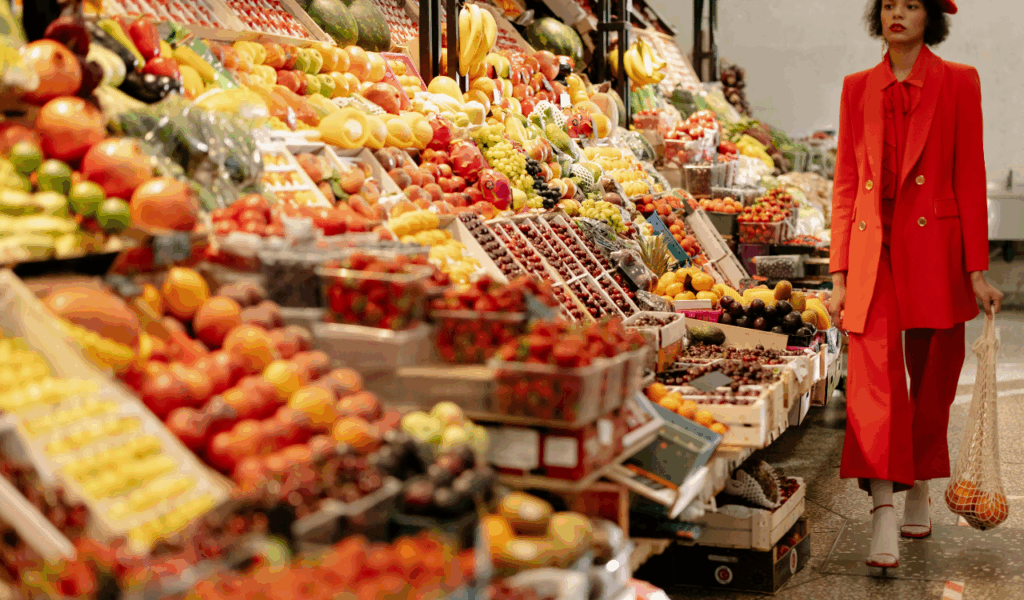
Most grocery stores have things like fruits and vegetables, meat, dairy, and bread on the outside. In the middle aisles, you can often find processed, packaged foods that are less healthful and cost more per serving. By starting your tour around the outside, you put complete, nutrient-rich foods first and make it less likely that you’ll want to buy expensive extras that you don’t really need.
10. Compare Unit Prices, Not Just Shelf Prices
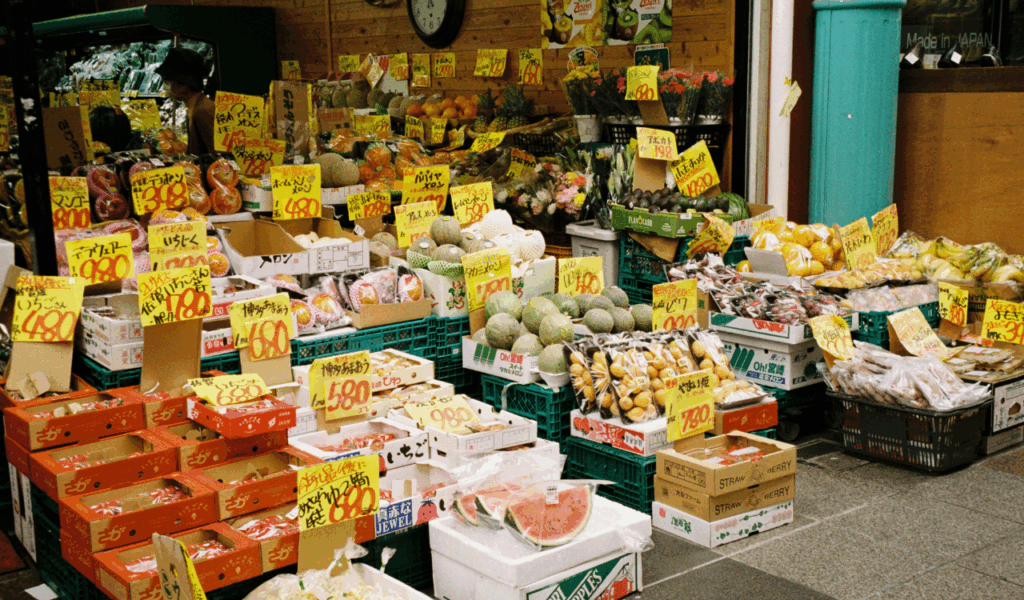
The biggest package isn’t always the best deal. The true narrative is told by the unit price, which is the cost per ounce, liter, or piece. Shelf tags usually show it, which helps you make better decisions. You can avoid marketing tactics and pick the best deal by comparing unit pricing between brands or package sizes. These tiny savings can add up to a big difference over time.
11. Bring Your Own Bags
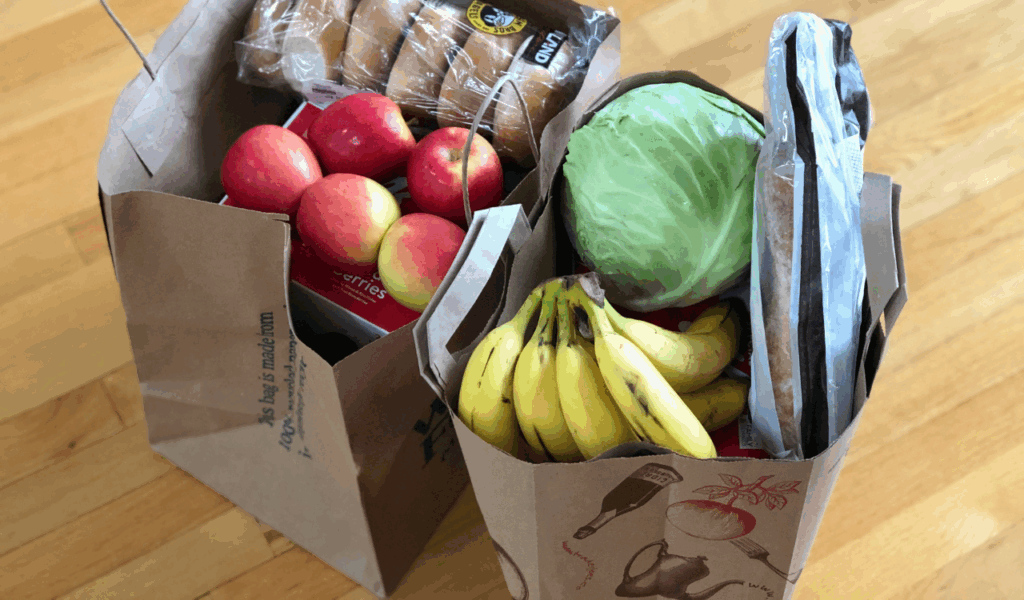
Bringing reusable bags may seem small, but it can help you avoid paying for bags and lower your total cost. In a lot of establishments and areas, you have to pay a little fee for each bag. Plus, strong bags help you keep your food organized, cut down on waste, and sometimes even get you small savings. It’s a simple, green habit that helps both your wallet and the Earth.
12. Track Spending as You Shop

While you shop, use your phone’s calculator or a budgeting app to add up your total. It helps you make trade-offs in real time when you know you’re near to your budget. If you notice that something will put your total over your limit, you’re less likely to buy it “just because.” Some retail applications also let you use built-in calculators or barcode scanners on your cart, which makes things even easier.
13. Shop Less Frequently

The more you shop, the more chances you have to buy things you didn’t plan to. With a good list and meal plan, try shopping once a week or even every other week. This makes it less likely that you’ll want to look around, which provides you more control over your overall food expenditure. Less time at stores also means more time saved, fewer things to do, and a lesser possibility of spending too much.
14. Check Expiration Dates Smartly

It’s simple to pick up things without checking their expiration date, but that could cost you later. Always look at the expiration dates, especially on dairy, deli, and discount items. Pick something that will last the longest, like a week or a month. This stops people from wasting away food, which is like throwing away money. Long-lasting products also cut down on trips to the store in the middle of the week to get replacements.
15. Freeze Leftovers and Extras
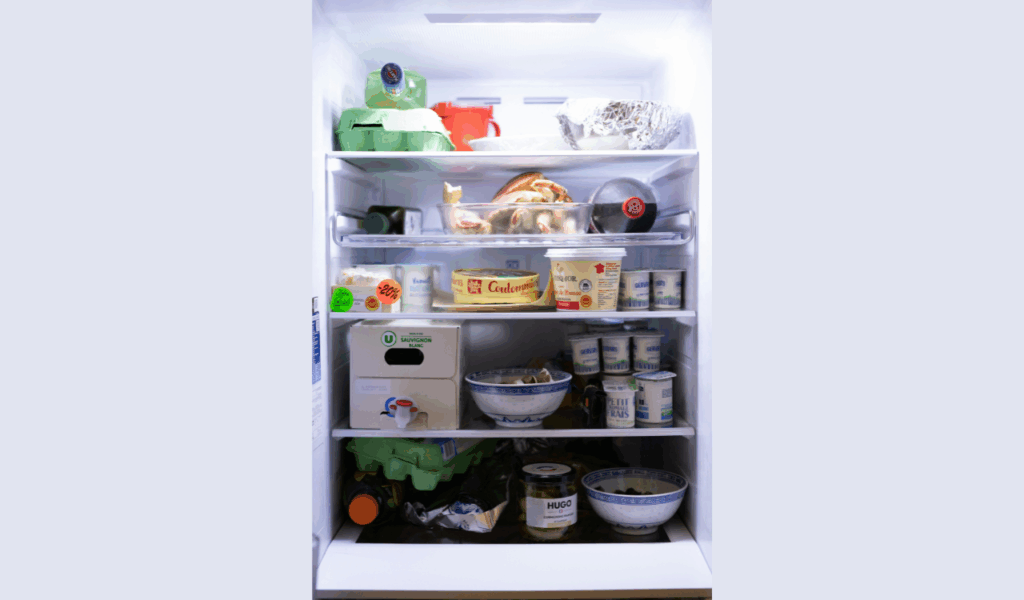
Don’t throw away extra food; freeze it instead. You can save leftover food, extra fruit and vegetables, and even bread for later. To keep everything in order, put the date and contents on each item. Freezing keeps food from going bad and lets you stock up on quick, cheap meals for busy days. This habit makes every dollar go further and cuts down on food waste, especially when you buy a lot of it or for a family.
